Don't hesitate to send a message
Revolutionizing Logistics: How E-Cargo Bike Motors Are Changing Delivery Services
Content
The logistics industry is experiencing a significant transformation, largely driven by the rise of e-cargo bike motors. These electric-powered motors are transforming urban deliveries, providing a sustainable, efficient, and cost-effective alternative to traditional delivery vehicles. As businesses seek to reduce their carbon footprints and operating expenses, e-cargo bike motors are quickly becoming a popular solution. This article will explore how these motors are reshaping logistics, with a particular focus on their ability to drive lower operating costs and streamline delivery operations.
A Sustainable Delivery Solution
As cities continue to focus on reducing emissions and improving air quality, e-cargo bike motors provide a significant advantage. Unlike traditional delivery trucks that burn fuel and emit carbon dioxide, e-cargo bikes run on electricity, reducing pollution and aligning with the push for sustainable transportation.
These bikes are powered by electric motors, making them an ideal solution for urban areas that are introducing low-emission zones. The adoption of e-cargo bikes with electric motors helps businesses meet sustainability targets while also providing a more eco-friendly option for last-mile deliveries. This is an increasingly important consideration for both consumers and municipalities looking to reduce environmental impacts.
Perfect for "Last-Mile" Delivery
The "last-mile delivery" challenge, which refers to the final leg of the logistics journey, is one of the most costly and time-consuming segments of the supply chain. However, e-cargo bike motors are revolutionizing last-mile delivery by offering a more efficient, faster, and greener alternative to traditional vehicles.
E-cargo bikes equipped with electric motors excel in urban environments, where traffic congestion and limited parking are major obstacles. These bikes can navigate narrow streets, alleyways, and pedestrian zones that are often inaccessible to larger vehicles. Their motorized assistance makes it possible for them to carry heavier loads over longer distances without straining the rider, making them perfect for the “last-mile” deliveries to customers in city centers.
Moreover, e-cargo bikes help businesses save time and costs by bypassing traffic jams. The ability to reach customers faster with less traffic-related downtime improves the overall efficiency of the supply chain.
Lower Operating Costs
One of the biggest advantages of e-cargo bikes, and a major factor driving their adoption, is the lower operating costs associated with their use. Businesses are increasingly recognizing how e-cargo bike motors can help them reduce delivery expenses, making them a more affordable option for urban logistics.
Here’s a breakdown of how e-cargo bike motors drive down costs:
-
Fuel Savings: Traditional delivery trucks consume large amounts of fuel, especially in urban areas with heavy traffic. In contrast, e-cargo bike motors are powered by electricity, which is far cheaper than gasoline or diesel. This results in substantial fuel savings for businesses, especially as fuel prices continue to fluctuate.
-
Reduced Maintenance: Delivery trucks require regular maintenance, including oil changes, engine repairs, and tire replacements. E-cargo bikes, on the other hand, have fewer mechanical components, and the electric motor requires less maintenance. This reduces the long-term costs for businesses, improving their overall profitability.
-
Lower Insurance: Insuring a traditional delivery truck can be costly due to the vehicle's size, potential for accidents, and high repair costs. Since e-cargo bikes are smaller and less likely to be involved in major accidents, they typically come with lower insurance premiums, helping businesses save money on fleet coverage.
-
No Parking Fees: Parking is a constant headache for traditional delivery vehicles, especially in busy urban centers. E-cargo bike motors allow businesses to avoid parking fees and the hassle of finding parking spaces in congested areas. Many cities provide special parking provisions for e-cargo bikes, further reducing operational costs.
-
Fewer Traffic Fines: Delivery trucks often accumulate traffic fines for illegal parking or violations of traffic rules. However, e-cargo bikes can navigate smaller roads and parking spaces, reducing the likelihood of fines and tickets. This can save businesses substantial amounts over time.
-
More Deliveries per Day: Thanks to the electric motor that assists riders in carrying heavier loads with ease, e-cargo bikes can make more deliveries in less time compared to traditional delivery vans. This increased productivity results in lower costs per delivery, maximizing profits for businesses.
The combination of reduced fuel, maintenance, insurance, and parking costs makes e-cargo bike motors an attractive option for businesses looking to optimize their urban logistics operations.
Reducing Traffic and Congestion
Traffic congestion is a significant issue in many urban areas, especially as cities become more crowded. Traditional delivery trucks contribute heavily to gridlock, which can delay deliveries and increase fuel consumption. E-cargo bike motors, however, help alleviate congestion by enabling smaller vehicles to navigate easily through traffic.
Because e-cargo bikes are nimble and can fit into spaces that trucks cannot, they reduce the overall number of vehicles on the road, helping to improve traffic flow. By bypassing congestion, e-cargo bikes not only provide faster delivery times but also contribute to a cleaner environment by emitting no pollutants while on the road.
The Growth of E-Commerce and Its Impact
As e-commerce continues to grow, the demand for fast, efficient, and eco-friendly delivery options increases. E-commerce businesses often struggle with the cost and environmental impact of traditional delivery vehicles, which is where e-cargo bike motors shine.
These bikes allow e-commerce companies to provide quick deliveries within cities, even during peak traffic hours. The use of e-cargo bike motors ensures that deliveries are made on time, with a reduced environmental footprint, making these bikes an attractive choice for businesses aiming to stay competitive in a crowded market.
Moreover, consumer preferences are increasingly shifting toward eco-conscious brands, and using e-cargo bike motors to deliver products can serve as a strong marketing tool for businesses that prioritize sustainability.
Challenges and Limitations
While e-cargo bike motors offer numerous benefits, they also face some challenges. The cargo capacity of e-cargo bikes is limited compared to traditional delivery trucks. However, advances in bike design are addressing these limitations by creating bikes that can carry heavier and bulkier loads.
Additionally, the range of e-cargo bikes can sometimes be a limitation for long-distance deliveries. However, for last-mile delivery in urban areas, the range is more than sufficient, and the growing network of charging stations is making it easier for businesses to keep their bikes running smoothly.
The Future of E-Cargo Bike Motors in Delivery Services
As cities continue to embrace sustainable transportation solutions, e-cargo bike motors will likely play an increasingly significant role in the future of urban logistics. With their ability to reduce costs, improve delivery times, and lower environmental impacts, these bikes are an attractive choice for businesses in a variety of industries.
The future of e-cargo bike motors in delivery services looks bright, as advancements in battery technology and motor efficiency continue to make these bikes even more practical for daily use. As the infrastructure for e-cargo bikes improves, these bikes will become a staple of green logistics, offering businesses a smarter way to meet the growing demand for sustainable, fast, and cost-effective delivery solutions.
-
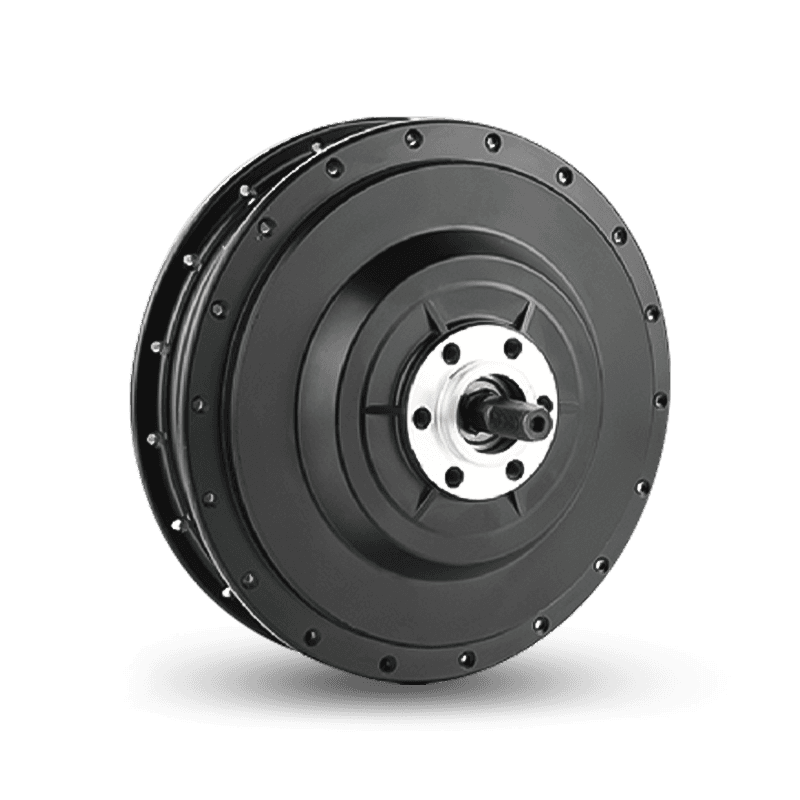 E-Type F500 Front Hub Motor
E-Type F500 Front Hub MotorThe E-Type F500 front hub motor is designed for E-Cargo and E-MTB bikes, offerin...
-
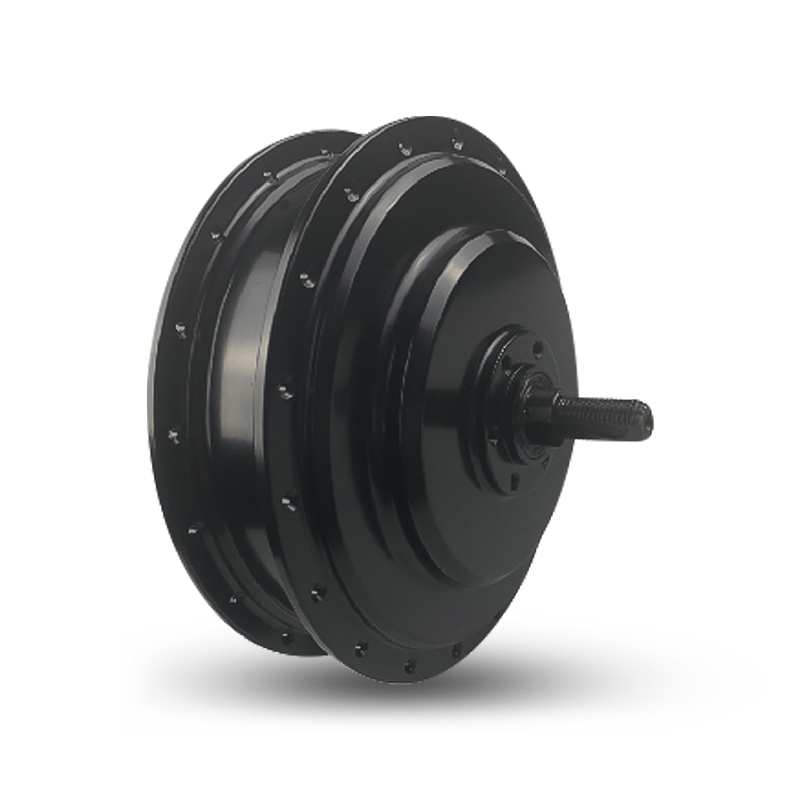 E-Type Pro RC750 Rear Hub Motor
E-Type Pro RC750 Rear Hub MotorThe E-Type Pro RC750 Rear Hub Motor is designed for E-Cargo and E-MTB bikes, com...
-
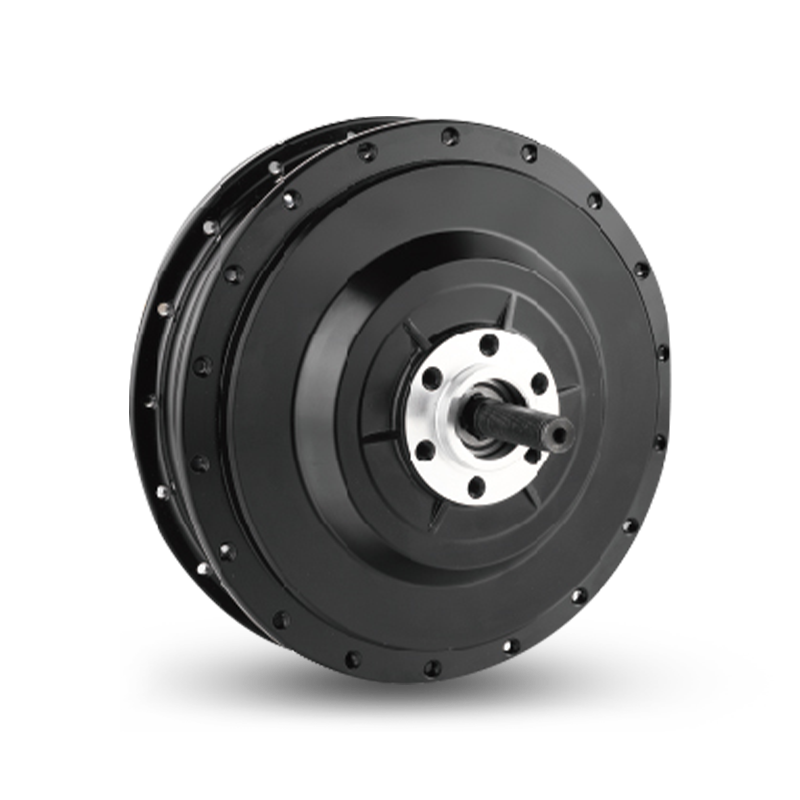 E-Type RF500 Rear Hub Motor
E-Type RF500 Rear Hub MotorThe E-Type RF500 Rear Hub Motor is designed for E-Cargo and E-MTB bikes, compati...
-
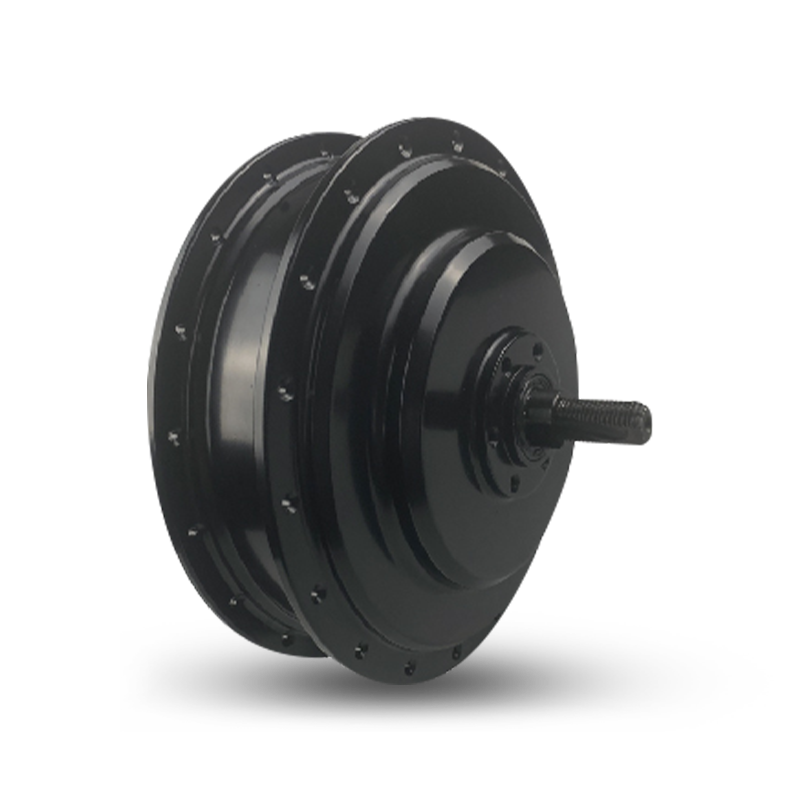 E-Type Pro RF750 Rear Hub Motor
E-Type Pro RF750 Rear Hub MotorThe E-Type Pro RF750 Rear Hub Motor is designed for E-Cargo and E-MTB bikes, com...
-
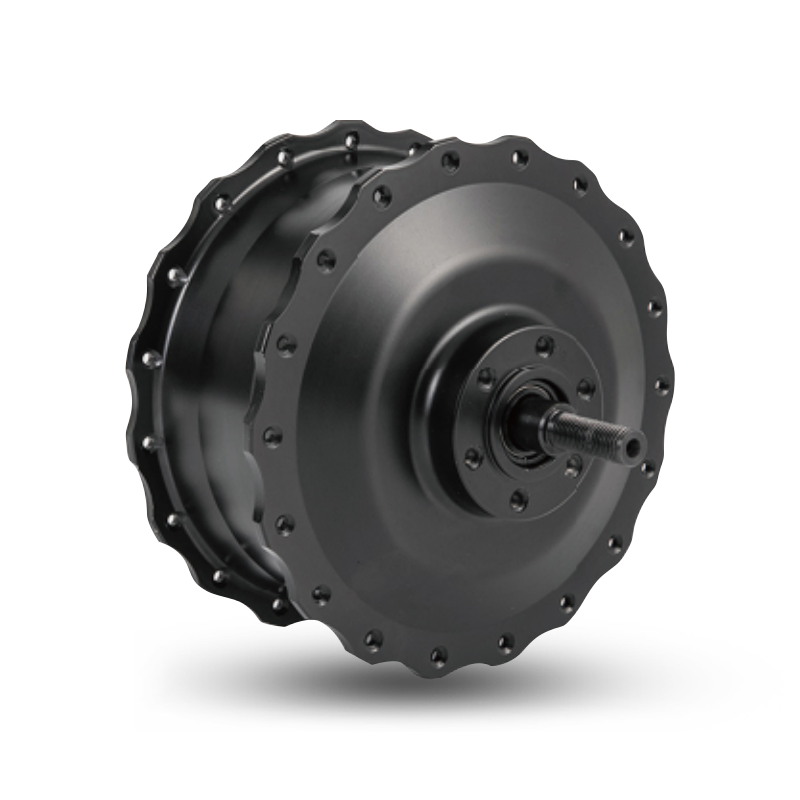 S-Type Pro F1500 Front Hub Motor
S-Type Pro F1500 Front Hub MotorThe S-Type Pro F1500 front hub motor, designed for E-Carao and E-Fat bikes, offe...
-
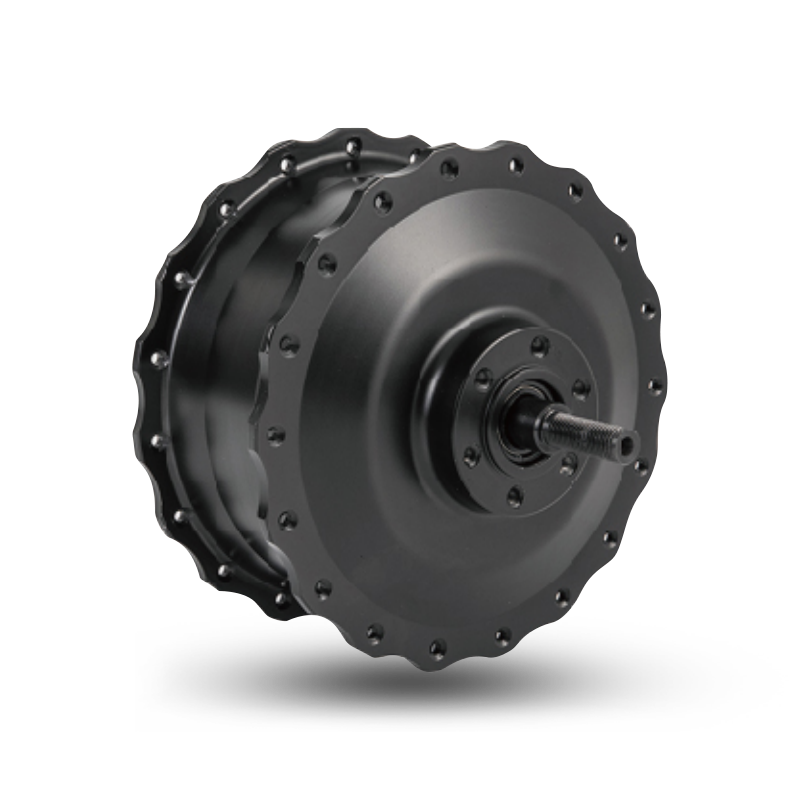 S-Type F750 Front Hub Motor
S-Type F750 Front Hub MotorS-Type F750 is designed for E-Cargo and E-Fat. The rated power ranges from 500W ...
-
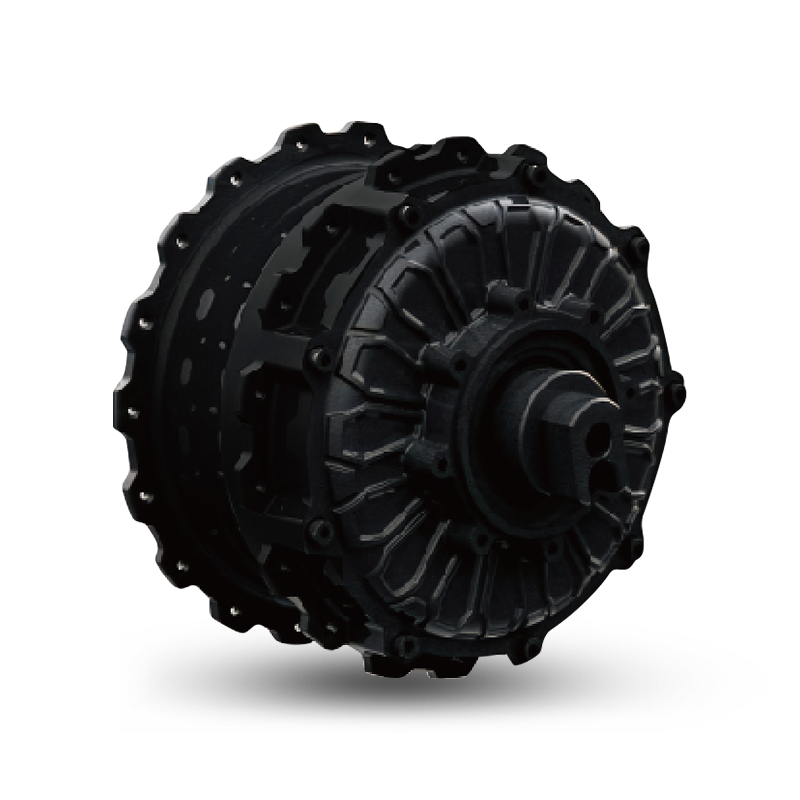 S-TYPE Max THRU AXLE Rear Hub Motor
S-TYPE Max THRU AXLE Rear Hub MotorThe S-TYPE Max thru-axle motor is designed for E-Fat, Moped, and Cargo applicati...
-
 C-Type R350 Rear Hub Motor
C-Type R350 Rear Hub MotorThe C-Type R350 Rear Hub Motor, designed for city e-bikes, offers a rated power ...
If you are interested in our products, please consult us
- Address:No. 3 Dingqiao Rd, Jiangshan Town, Yinzhou District, Ningbo, Zhejiang Province, China
- Phone: +86 13806662915
- Email: K.zhang@hengtai-cn.com



 English
English 中文简体
中文简体